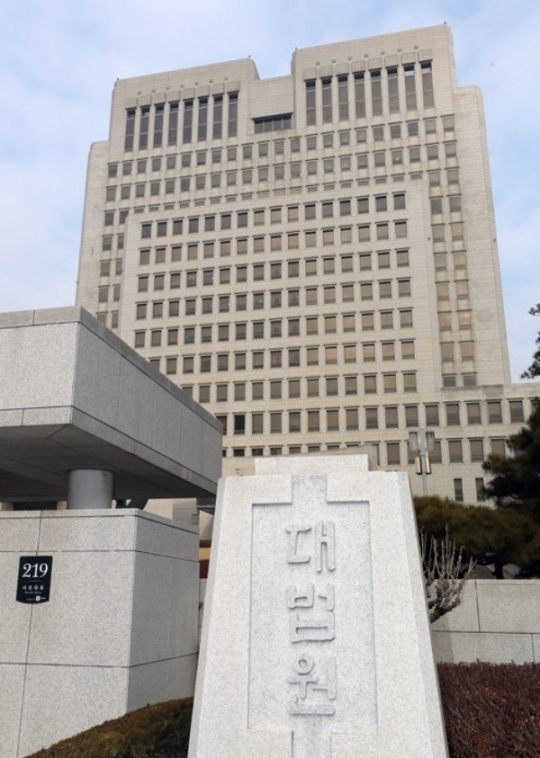Migrant woman can maintain residency after divorce: top court
By Ock Hyun-juPublished : July 10, 2019 - 16:08
The top court ruled Wednesday that a marriage migrant can maintain her residency status after divorcing her South Korean husband even if she is partly responsible for the breakup, overturning earlier rulings that required the Korean spouse to be 100 percent at fault.

The Supreme Court ruled in favor of a Vietnamese woman, 23, who filed a suit against the immigration office that refused to authorize an extension of her stay in the country after a divorce, seeking a revocation of the administrative decision.
The Vietnamese woman entered Korea in 2015 after marrying a Korean man. She was forced to work at a convenience store run by her mother-in-law without pay, and had a miscarriage. She filed for divorce, which was finalized in 2016. Then in 2017 she applied for an extension of her status as a marriage migrant, but this was denied by the immigration office.
The top court and lower courts interpreted the law differently.
Under the Immigration Control Act, migrant women who are no longer married can only extend their stay in Korea if their husbands die or go missing, or if they can prove that they were not responsible for the breakdown of their marriages.
Lower courts ruled against the Vietnamese woman, saying she was partially responsible for the divorce. The rulings indicated that to renew her residency status, a marriage migrant had to prove her Korean husband was fully responsible for the divorce.
The top court, on the other hand, decided that residency status should be granted to a marriage migrant after divorce as long as the Korean spouse was mostly responsible for the divorce.
If an extension of stay for a marriage migrant were only allowed when the ex-partner was entirely to blame, the court ruled, it would undermine marriage migrants’ right to seek a divorce and allow their Korean partners to exploit the system to mistreat their foreign partners.
The Supreme Court ruling is seen as a step toward better protection of marriage migrants’ human rights amid public outrage over a recent assault on a Vietnamese woman by her Korean husband.
A video of a Korean man punching and kicking his Vietnamese wife went viral on social media last weekend. The man, who was arrested Saturday on suspicion of assault, reportedly beat his wife for not speaking Korean well.
(laeticia.ock@heraldcorp.com)
-
Articles by Ock Hyun-ju

















![[KH Explains] Hyundai's full hybrid edge to pay off amid slow transition to pure EVs](http://res.heraldm.com/phpwas/restmb_idxmake.php?idx=652&simg=/content/image/2024/04/18/20240418050645_0.jpg&u=20240418181020)

![[Today’s K-pop] Zico drops snippet of collaboration with Jennie](http://res.heraldm.com/phpwas/restmb_idxmake.php?idx=642&simg=/content/image/2024/04/18/20240418050702_0.jpg&u=)